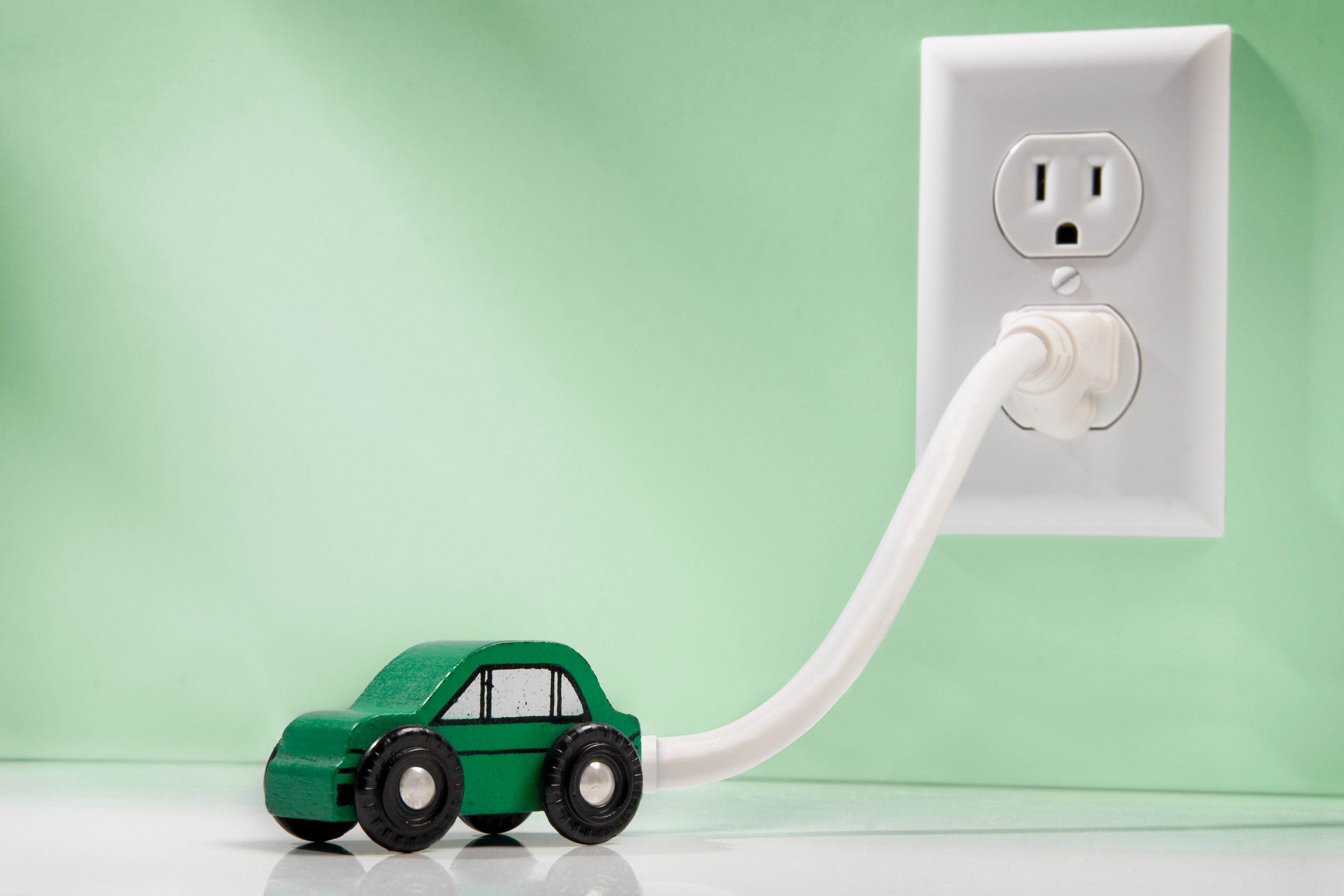5 myths about EVs - busted!
We debunk 5 common myths about electric vehicles and highlight the current realities of EV charging in Singapore.
Electric vehicles (EVs) are becoming increasingly popular worldwide, but there are still many misconceptions about them, especially in Singapore where the transition to EVs is still in its early stages.
Why are there still many misconceptions about electric vehicles?
Many people are not yet familiar with how EVs work, because these vehicles are relatively new compared to internal-combustion cars. Furthermore, EV technology continues to evolve quickly, making it difficult for drivers to keep up with the latest developments. At the same time, some of today's EV myths are based on outdated information and impressions about early EVs.
Myth #1: EVs take too long to charge.
Reality: Charging an EV takes longer than filling up a fuel tank, but can fit into your drive life without wasting too much time.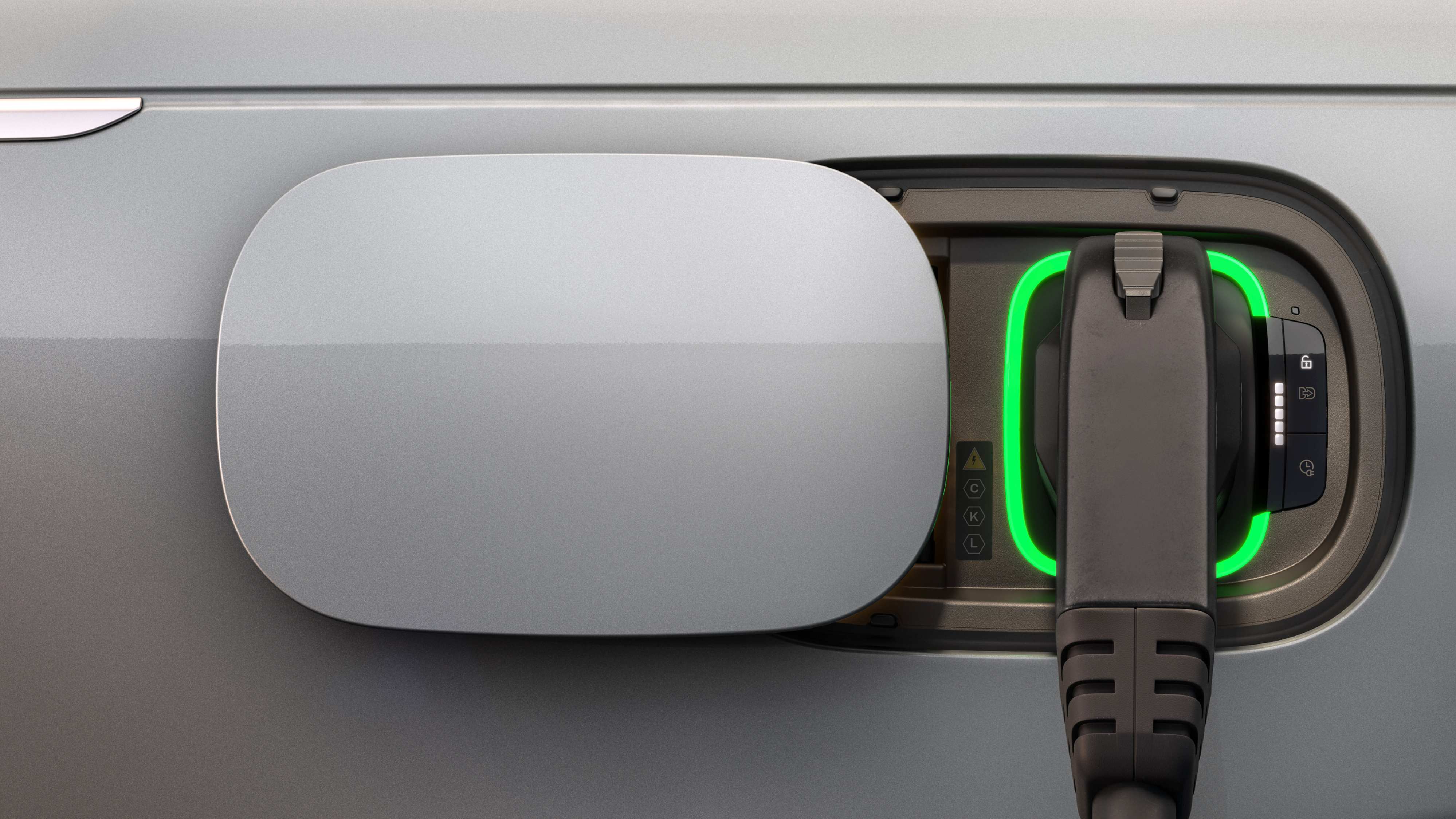 EV charging can be seamlessly integrated into your daily routine to make recharging your electric car almost as convenient as traditional refuelling, albeit with the necessary adjustments to your motoring schedule so as to optimise the charging and minimise the inconvenience.
EV charging can be seamlessly integrated into your daily routine to make recharging your electric car almost as convenient as traditional refuelling, albeit with the necessary adjustments to your motoring schedule so as to optimise the charging and minimise the inconvenience.
There are 2 main types of chargers:
AC charger
| Speed | Slow charging |
| Typical duration | 4 to 8 hours |
| Ideal for |
Overnight charging at home or during office hours at work |
DC charger
| Speed |
Fast charging |
| Typical duration |
30 to 60 minutes |
| Ideal for |
Quick top-ups during longer drives |
The exact charging duration depends on several factors, including the charger's power rating, the car's onboard charger capacity, and the remaining battery level.
As charging technology continues to advance, charging times are becoming shorter, with some of the latest models able to add hundreds of kilometers to the range in just 15 to 20 minutes of fast charging.
Myth #2: There are not enough charging points.
Reality: Singapore is rapidly expanding its EV charging infrastructure.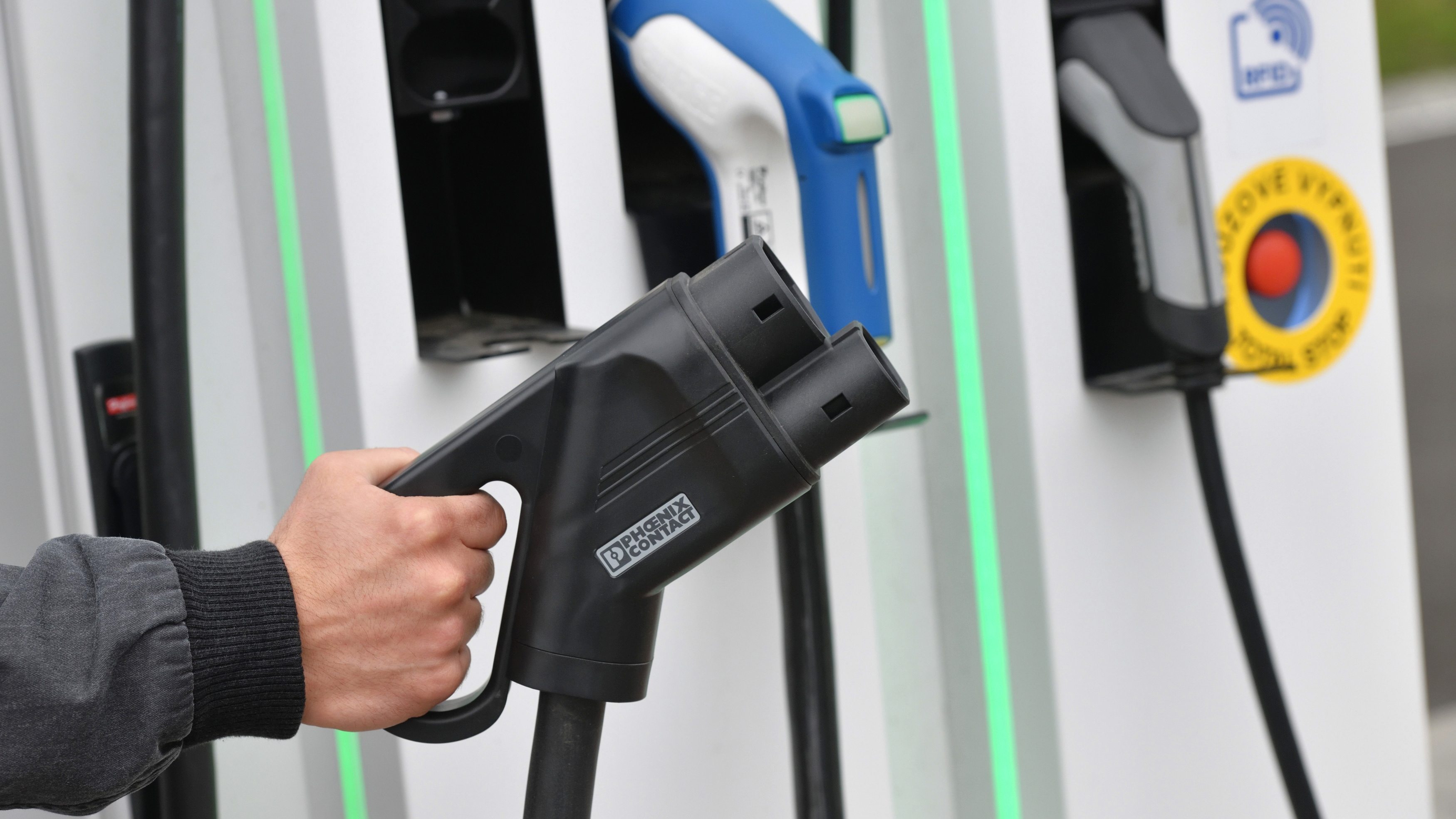
Singapore is charging full speed ahead with its EV infrastructure plans. By 2030, the city-state aims to have over 60,000 charging points dotting the island, making it a breeze for EV owners to power up their rides wherever/whenever convenient.
But that's not all - the government is turbocharging its efforts to make every HDB town "EV-ready" by 2025. With this expanded nationwide network of public chargers, Singapore is set to outpace ASEAN capital cities in EV charging accessibility.
| Current status | Future plans |
| Over 3,600 public charging points. | By 2025:
|
Myth #3: EVs don't have enough range.
Reality: Today's EVs offer plenty of range for daily driving needs in Singapore.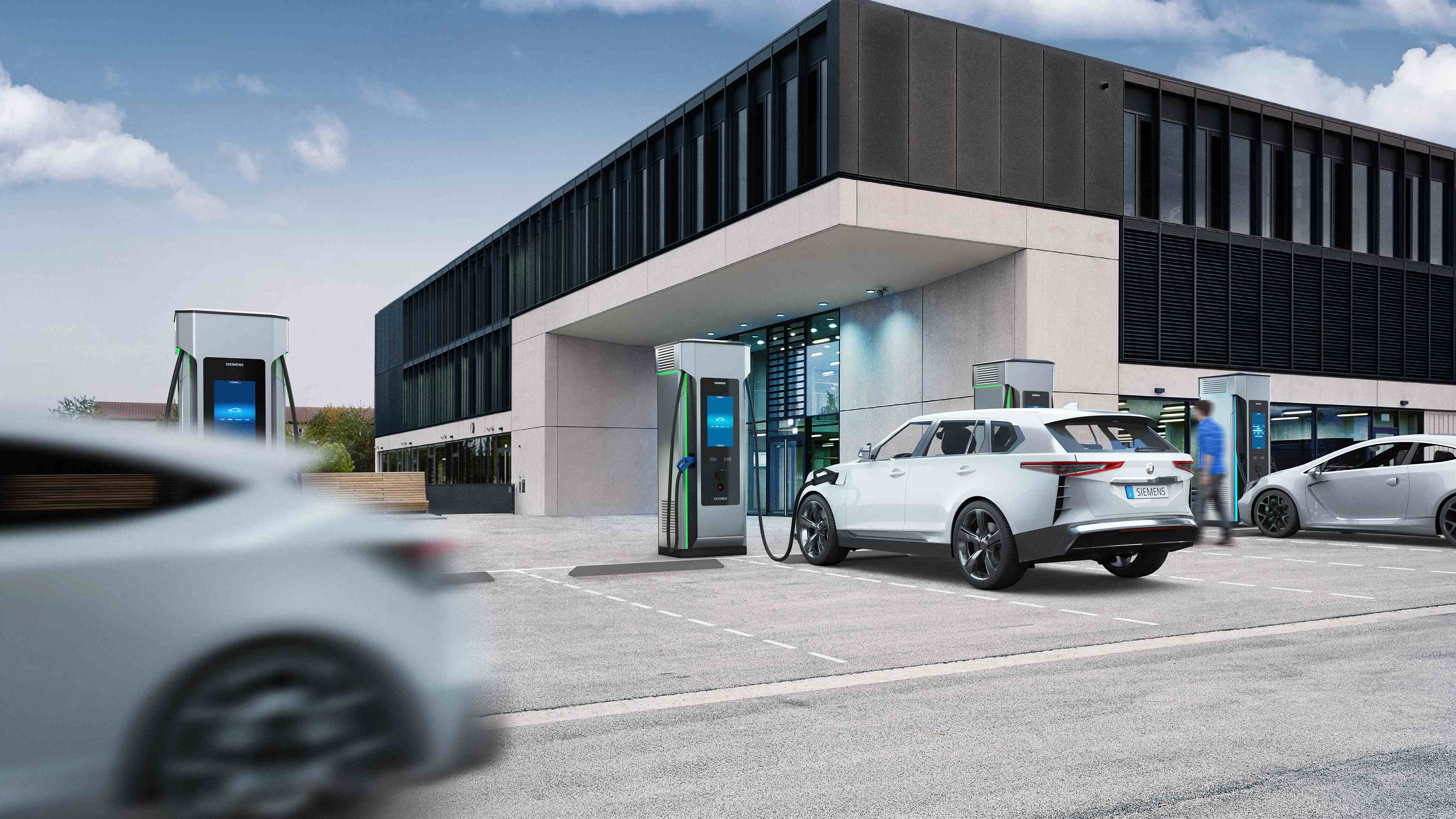 With more EVs being rolled out with better powertrain technology and greater energy efficiency, their driving range should become less of a concern for EV owners who drive an average of 50 kilometres per day.
With more EVs being rolled out with better powertrain technology and greater energy efficiency, their driving range should become less of a concern for EV owners who drive an average of 50 kilometres per day.
Examples of typical EV range performance in Singapore:
| Electric vehicle model | Range |
BYD ATTO 3 (60.5 kWh battery) |
Up to 420 kilometres |
Hyundai Kona Electric (48.6 kWh battery) |
Up to 456 kilometres |
| Tesla Model 3 | Up to 513 kilometres |
According to LTA (Land Transport Authority), the average daily driving distance in Singapore is about 55 kilometres. This means that most EV owners can easily go several days without needing to recharge, making EV ownership particularly convenient for city driving.
For those occasional longer trips or for drivers who cover more ground daily, Singapore's growing network of fast-charging stations ensures that EV drivers can easily find a charging point when needed, whether for a quick top-up during an errand or a full charge for a longer journey.
Myth #4: EV batteries don't last.
Reality: Modern EV batteries are designed for durability and continually being improved.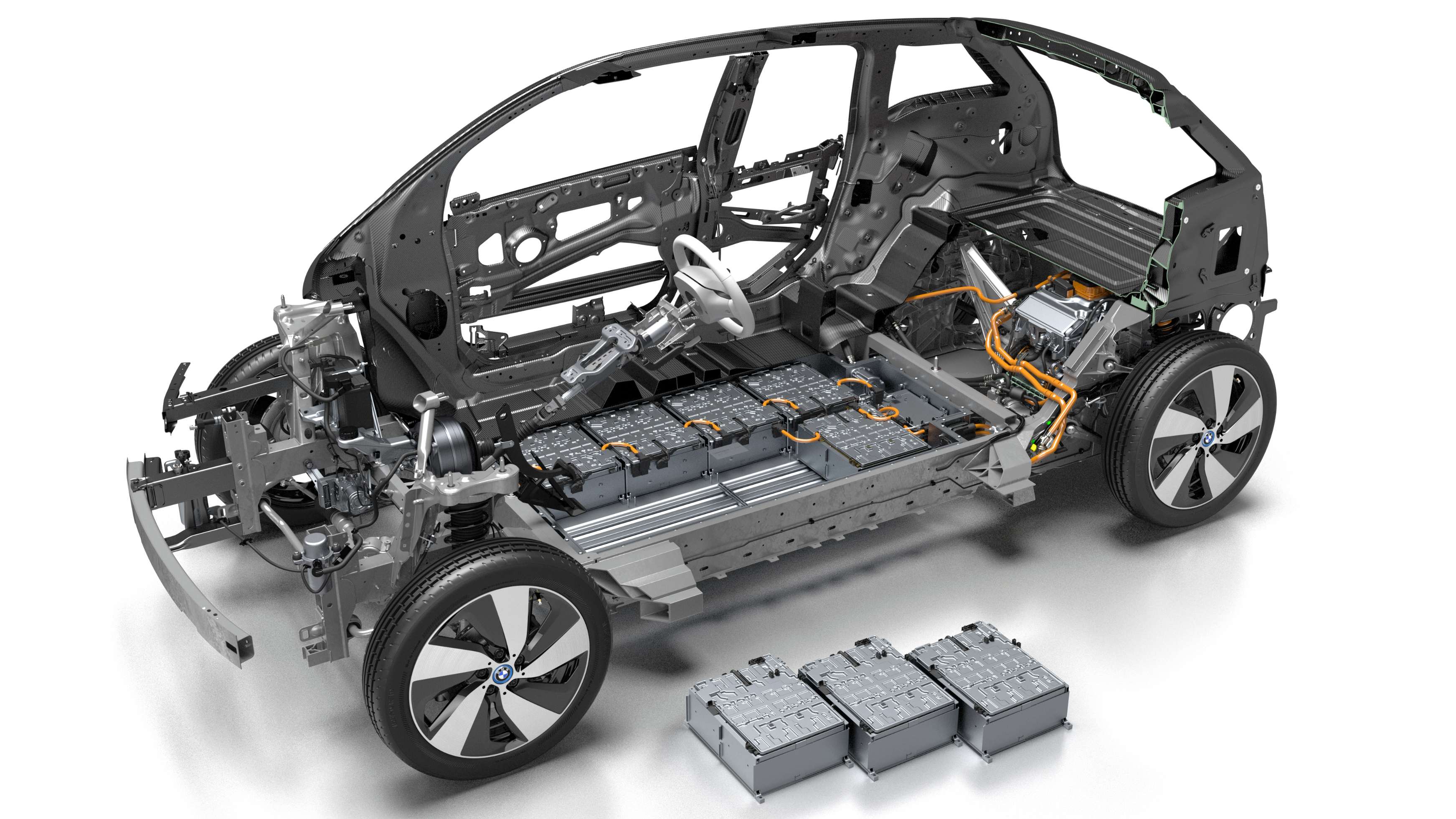 EV batteries are built to last, with most manufacturers offering warranties of 8 years, or up to 160,000 kilometres. Under normal conditions, these powerhouses can keep your electric vehicle running well for at least its 10-year COE lifespan. But like any technology, how you use it matters. Adopting smart charging habits, for instance, can significantly extend your battery's lifespan and keep your EV performing at its best for years to come.
EV batteries are built to last, with most manufacturers offering warranties of 8 years, or up to 160,000 kilometres. Under normal conditions, these powerhouses can keep your electric vehicle running well for at least its 10-year COE lifespan. But like any technology, how you use it matters. Adopting smart charging habits, for instance, can significantly extend your battery's lifespan and keep your EV performing at its best for years to come.
To maximise your EV battery's longevity, consider these tips:
- Aim to keep the battery charge between 20% and 80% most of the time. While fast charging is convenient, relying on it too frequently can accelerate battery degradation.
- For everyday use, slower AC charging is gentler on the battery.
- Avoid charging your EV daily unless you're covering extensive distances.
Myth #5: Electric motors powered by batteries are worse for the environment than petrol engines.
Reality: EVs are generally better for the planet than petrol cars if you consider the entire life cycle.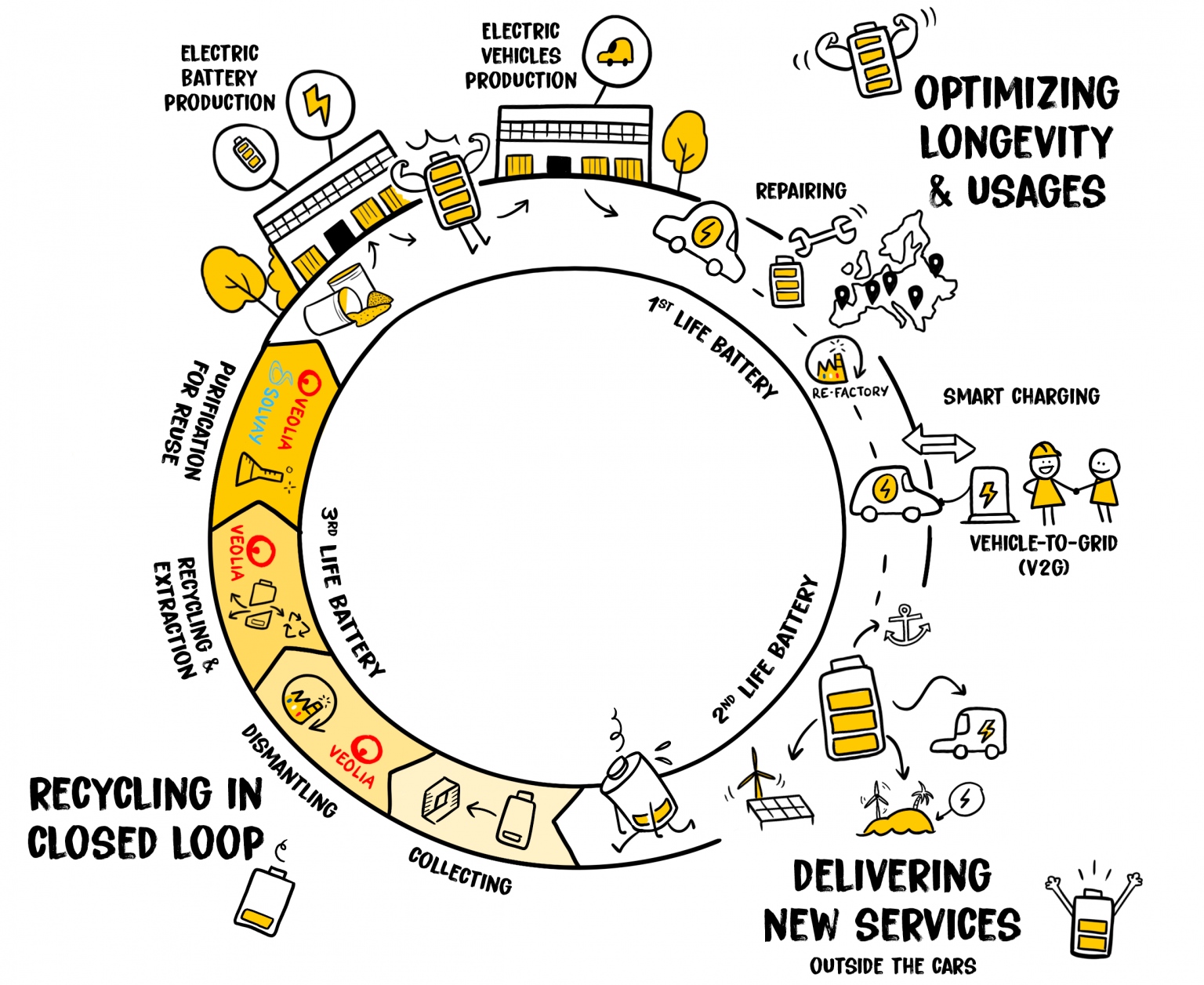 While it's true that manufacturing EV motors and batteries requires the mining of raw materials and can be energy-intensive, the overall environmental impact of EVs is generally lower than that of traditional petrol vehicles.
While it's true that manufacturing EV motors and batteries requires the mining of raw materials and can be energy-intensive, the overall environmental impact of EVs is generally lower than that of traditional petrol vehicles.
According to the Environmental Protection Agency (EPA), even when considering emissions from electricity generation, EVs produce fewer greenhouse gases over their lifetime. This is because they use electric motors and batteries instead of combustion engines, completely eliminating local pollutants and greenhouse gases typically released by petrol vehicles.
The recycling of EV batteries when they reach the end of the road has also become increasingly important among car companies, battery suppliers and countries on the same shared path of sustainable mobility.
After debunking these myths, are you more convinced to consider an EV as your next car? If so, now is a great time to make the switch.
Under Singapore's EV Early Adoption Incentive scheme, early EV adopters will receive a rebate of 45% off the Additional Registration Fee (ARF), capped at S$15,000, for fully electric cars registered from 2024 January 1 to 2025 December 31. This is on top of the VES (Vehicle Emission Scheme) A1 band's tax rebate of $25,000.
With Singapore's ongoing efforts to support EV adoption, it might be worth exploring whether an electric vehicle could be a suitable option for your next car purchase, balancing environmental benefits with your personal driving needs and preferences.
Super App for
Vehicle Owners
Download the Motorist App now. Designed by drivers for drivers, this all-in-one app lets you receive the latest traffic updates, gives you access to live traffic cameras, and helps you manage LTA and vehicle matters.
Did you know we have a Motorist Telegram Channel? Created exclusively for drivers and car owners in Singapore, you can get instant info about our latest promotions, articles, tips & hacks, or simply chat with the Motorist Team and fellow drivers.
